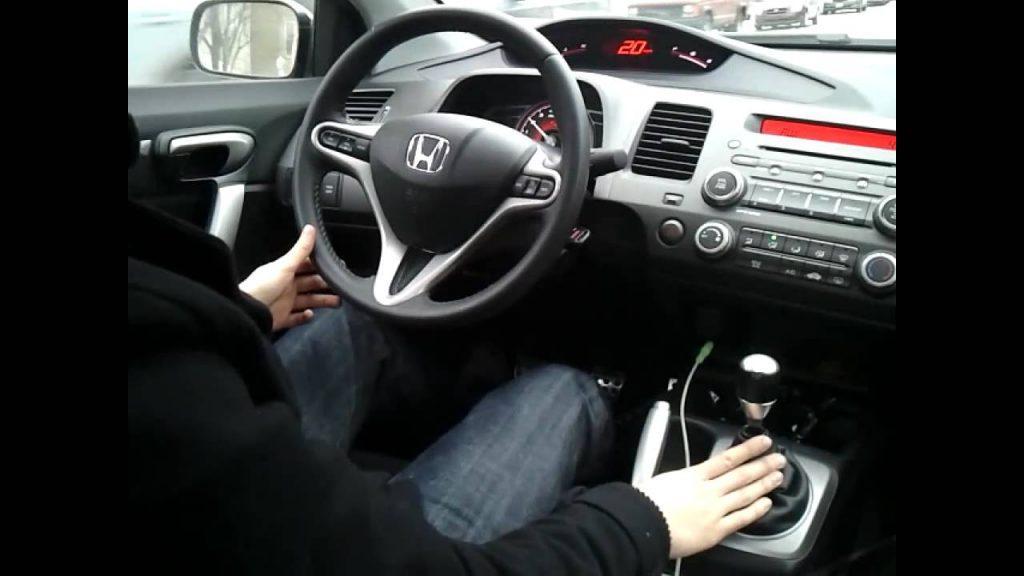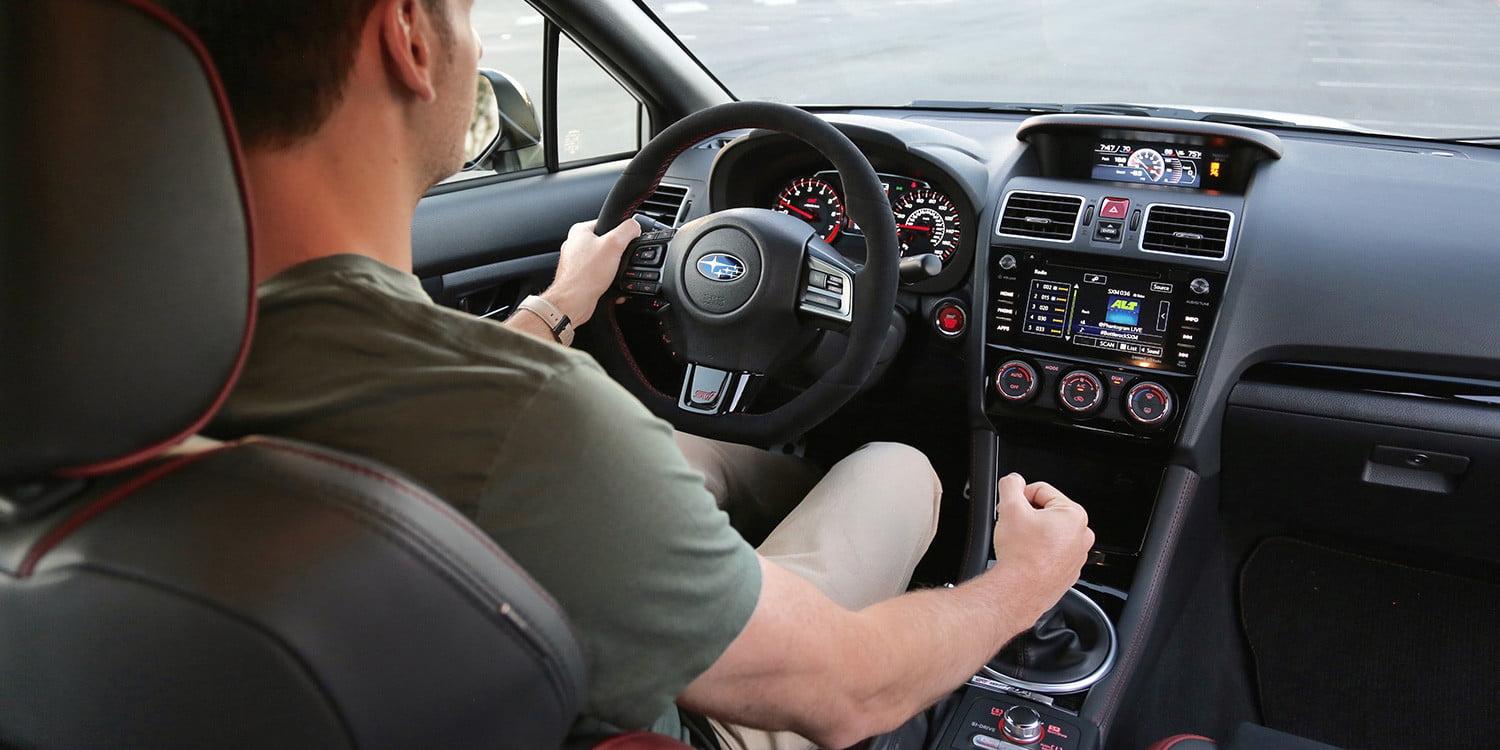Manual cars are efficient in several ways. The complete control over the car is just in your hand when you drive a manual transmission vehicle. But when you have to coast between the gears, following the right way is the best choice. For that reason, we have listed the three most useful and accurate ways that will help you to find the answer to – how to coast in a manual car.
So let’s get to know it right now.
Contents
How To Coast In A Manual Car – The Basic Methods
Coasting refers to the process of driving a manual car with the clutch disengaged and the transmission in neutral, allowing the vehicle to roll freely without engine braking. However, it’s important to note that coasting is not recommended in modern manual cars because it reduces the driver’s control over the vehicle and can be unsafe in certain situations.
The manual car is the amalgamation of various parts that demand perfect handling. The three useful tricks will help you to coastline the clutch easily. So let’s explore!
1. With the clutch out
When you are driving at speed and wondering how to coast in a manual car, the best way to do it is to clutch out when the gars are in the action. Why is this method good? When you do it with the active engine, the braking system is exercised by it and less fuel is consumed.
The reason behind less (or no) fuel consumption is that the accelerator doesn’t use any fuel as it isn’t depressed. If you try to lower the speed, the chances of pushing the clutch, shifting to neutral, or even suddenly stopping are higher. Try to keep the speed between the ranges of 40-55 no matter what the situation is.

See more:
- What to do when the car stops while releasing the clutch?
- What are the consequences of pressing brake and clutch at the same time?
2. In neutral with the clutch out
Some people have a misconception that if you stay neutral with the clutch out, it will consume more fuel. Factually, it’s not true! It doesn’t matter whether the gears are in or the car is in neutral, the engine is disconnected from the wheel. Hence, no brakes will work. Being in this stage isn’t an indication of increased fuel consumption. However, a small amount of fuel is indeed devoured, but it’s not even counted. However, coasting the clutch out in neutral is beneficial in throw-out bearing.
3. With the clutch In
When the clutch and gear both are in, you can coast easily. However many drivers avoid doing it because they think that clutch depression can hurt the disk. Well, in reality, it’s not possible even logically. When the clutch is in, there is no connection between the disk and the pressure plate at all.
However, if you press the clutch for a long time, that hurts the disk or sure. A hydraulic or mechanical connection exists between the clutch fork whenever you press the clutch. There is a small portion attached to the clutch fork in the form of a ball that has internal and external rotating areas. These two rotating parts equally manage the strain. Therefore, every portion of the car remains safe during the entire clutch coating practice.

Watch more:
Wrapping Up
That’s how to coast in a manual car! Choose any of these methods and have a smooth driving experience in the manual car. However, coasting is generally discouraged because it reduces your control over the vehicle and can be unsafe. In most situations, it’s best to use engine braking and downshifting techniques to slow down and maintain control of your manual car.
So add these useful methods to the list of maintenance tips, and get ready to take the most out of your manual car.



